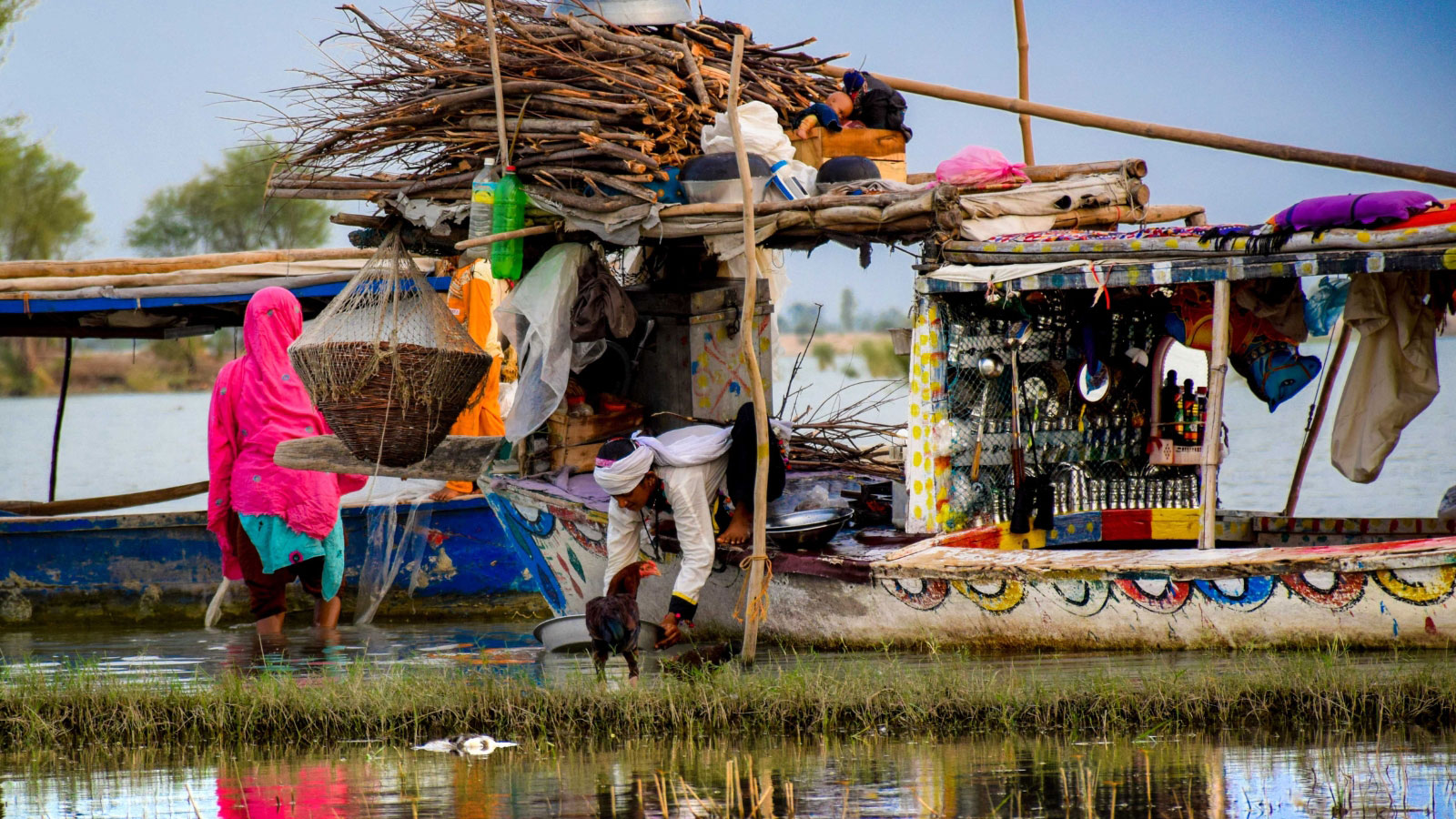|
Amnesty International says that Cambodian officials are forcing residents of the Angkor Wat World Heritage site to ‘voluntarily’ leave in the name of preserving the popular heritage attraction, with the move affecting an estimated 10,000 families

Tom Anstey | Planet Attractions | 11 Apr 2023

 Angkor Wat is Cambodia’s most popular tourist attraction Credit: Canva Angkor Wat is Cambodia’s most popular tourist attraction Credit: Canva
A report from Amnesty International has alleged that longtime residents living in Cambodia’s iconic Angkor Wat temple complex are being forced to “volunteer” to be rehomed at sites where they face poor living conditions and lack of income.
The largest religious structure in the world, Angkor Wat is a Unesco World Heritage site that was originally constructed as a Hindu Temple during the 12th century as a tribute to the god Vishnu.
Today, the temple is a symbol of Cambodia and is a source of national pride. Since the 1990’s Angkor Wat has become a major tourist destination, with 7,650 visitors coming to the site in 1993 compared to 2.6 million in 2018.
Located within and around the religious complex are an estimated 100,000 residents. Many have lived there all their lives and many rely on tourism for their livelihoods. Amnesty says that in order to conserve the site, these locals are being unfairly pushed out, with the organisation urging authorities to “immediately stop this violation of human rights”.
According to the organisation, officials from the APSARA National Authority - a government body that oversees Angkor Wat - are known to use a combination of harassment and coercion to make residents “volunteer” to leave, with more than 10,000 families affected.
If residents “voluntarily” go, they receive a cash payment of roughly US$300, a plot of land, sheets of corrugated iron, two months worth of food supplies, a mosquito net, a tarpaulin sheet, and an ID Poor card giving access to government benefits.
APSARA authorities, says Amnesty, used subtle tactics to persuade residents to leave “voluntarily,” such as not providing families with information about what would happen if they didn’t go or suggesting that they would get nothing if they waited.
In the most direct threats, Amnesty says that APSARA told families they could stay if they wanted but that their homes would be flooded.
“These are forced evictions in disguise and on a mass scale,” said Ming Yu Hah, Amnesty’s deputy regional director for Campaigns.
“People were pressured to volunteer and made to feel fearful of reprisals if they refused to leave or challenged the evictions.
“Angkor Wat is a national treasure and a source of pride for Cambodia. Its living heritage is crucial and should also factor in the respect and promotion of human rights.
The Cambodian authorities should immediately halt this harmful eviction drive that seriously risks impoverishing thousands of families.”
According to a Unesco statement, the relocation programme should be “based on human rights”, taking into consideration a number of factors for affected communities. The World Heritage Committee is set to discuss the issue at its annual meeting in September.
“Unesco or the World Heritage Committee have never called for population displacements in Angkor,” said the statement. “Following the announcement by the Cambodian government of its population relocation programme, the Unesco Office in Phnom Penh immediately advised Cambodia of the need to work closely with local communities.”
As of September 2022, nearly 600 families had moved from Angkor Wat to a resettlement site known as Run Ta Ek eco-village. The site is eventually expected to house 6,000 families but residents have struggled with unemployment and hunger since relocating.
Local news outlet VOD says that relocated residents have since moved away from the relocated site, which Amnesty says does not have adequate housing, food, and employment opportunities, labelling it “not fit for purpose”.
“What’s clear to us after our research is that these evictions, which authorities have described as voluntary, are anything but,” Hah said. “They are forced evictions in disguise and the Cambodian government should stop them immediately.”
Heritage
|
|






Supplier Showcase 2025: The biggest attractions projects landing worldwide this year
|